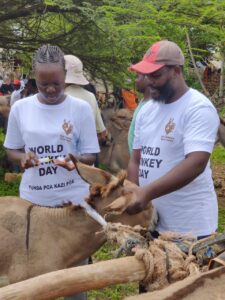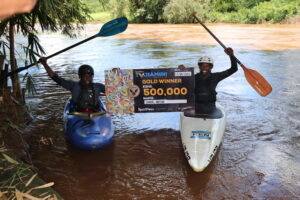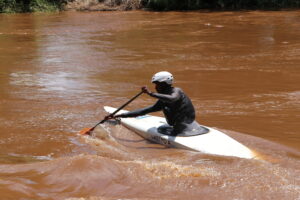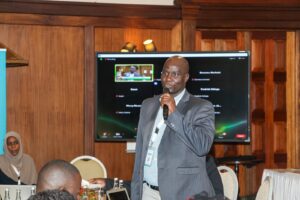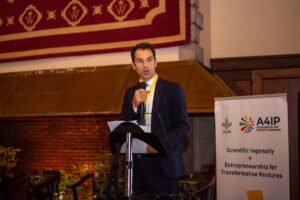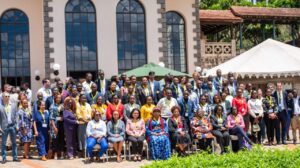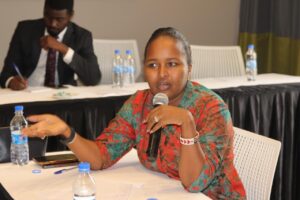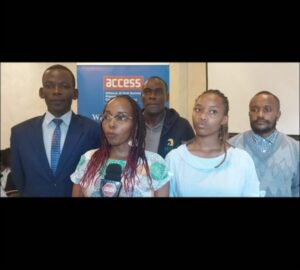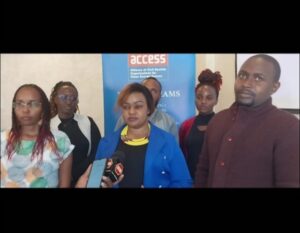
It’s alleged with the information held by Kenyaleo.co.ke that female teachers in sironga, A madam of history and a madam of English , are insulting students by use of mean and unpalatable statements as they are using students’ weaknesses to demoralize and ashame, which has lead to mental torture.
The insider has however hinted to Ienyaleo.co.ke that they’ve normalized it without shame to the extent that some male teachers are wondering why female adults would turn insulting and mentally torturing female students.
The insider quotes “Infact the male teachers have taken the responsibility of boasting the students self esteem by encouraging them over their lessons time I’m assuring you that even the School administration is all aware about this and even the school chaplains knows this but it’s like this two mentioned are untouchable., maybe we train our kids to stand strong and fight for there rights , something they couldn’t do for we gave them a responsibility to respect the seniors.” Insider said.
The insider added that “Our daughters in Sironga all fear victimization. Like in an example where one of my daughters was insulted and slapped over her severe eye medical problem, She only came to tell me a while after a while of holding the pain.”
The insider writes “I almost travelled to Sironga but my husband decided to play it down for fear of her welfare at school.
I got a clearer picture of the allegation over this holiday when my daughter and her colleagues had a sleep over ,When we were doing laundry, we had a chat, A motherly chat, since this girls in my compound belongs to me,that was all healthy convo and they opened up.” Insider reveals.
The notes however states that “Lastly, Sironga recently added construction fee to that we currently pay, but I’ll love to say all is good till you hear girl state that they’re only allowed to take a shower once a day, there is also need to work on their sewage system.Their toilets haven’t been worked on for so long. A good number of students are suffering infections that aren’t probably treated and in some cases go untreated .”
On the same information shared by the sought anonymity said “Bathrooms also don’t flow well, they’re clogged , a lot of stagnant water around it, our girls do step on them when taking a bath, kindly re – look that, we know you have a population but something must be done for safety of that population. Amongst the leaders of this post, there could be parents, who have ever visited the dormitories, toilets, bathrooms or any other sanitation facilities,? If any please! Only class representatives that have been pocketed by the school hierarchy have visited yes but they only report positives to parents and the wrongs are smoothed. I’m hereby requesting Nyamira Healthy and sanitation department to do an impromptu visit and give it a clear finding.I’ll also request the Education ministry to send someone down there and get facts before we send our daughters to another agonizing environment.”
The quote ends, “Lastly, Sironga security, you doing good work, You do a clean search that’s okay, however not all you find in ladies is edible, Be careful on that, I was once told to eat tampon I feel sensitisation is required.”




